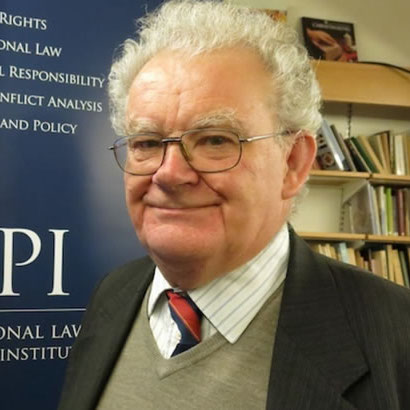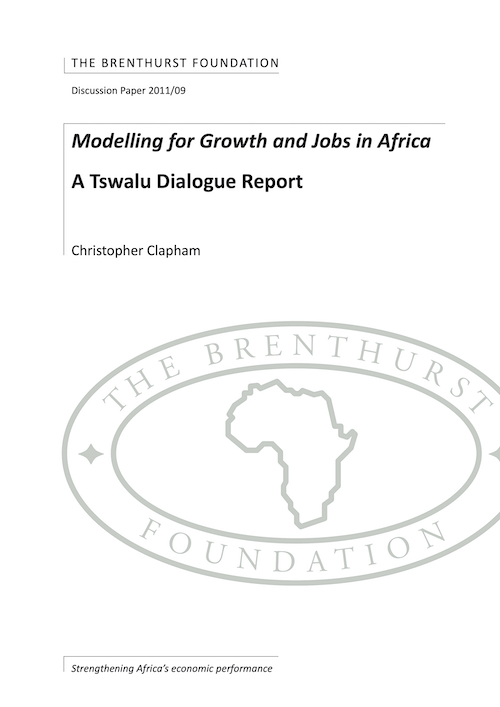Publications
Modelling for Growth and Jobs in Africa - The Tswalu Dialogue Report
Linking economic growth and job creation was the main focus of a three-day Tswalu Dialogue held between 30 September and 2 October 2011 at the Tswalu Kalahari Reserve. Comprising senior policy makers, including Kenya’s Prime Minister Raila Odinga, business persons, and academics, the Dialogue was hosted by the Brenthurst Foundation in partnership with the Mail & Guardian, Johns Hopkins University School of Advanced International Studies (US), Rajaratnam School of International Studies (Singapore) and the Konrad Adenauer Stiftung (Germany).
This Discussion Paper draws on three days of intensive discussion, informed by expertise from Central America and from South and Southeast Asia, as well as every region of sub-Saharan Africa.
The central question running through the Dialogue asked: ‘With youth unemployment already running at two-thirds, how could sufficient jobs be created for the burgeoning number of young Africans anticipated to be crowding the continent’s cities over the next generation?’
The Paper’s author, Christopher Clapham, focuses his summary on the requirements for economic growth, for job creation, and in the process for Africa’s closer and more effective incorporation into the global economy.
In the process, three broad ‘logics’ emerged: the logic of harvesting commodities; the logic of comparative advantage; and the logic of governance. Each of these logics – essentially complementary, although at some points potentially conflicting – need to be combined in order to create the necessary conditions for African development.
The Paper reminded that achieving high levels of economic growth, creating jobs and improving the living standards of the mass of the population are essentially political decisions, which in the short term involve the sacrifice of other priorities that leaders may desire.



